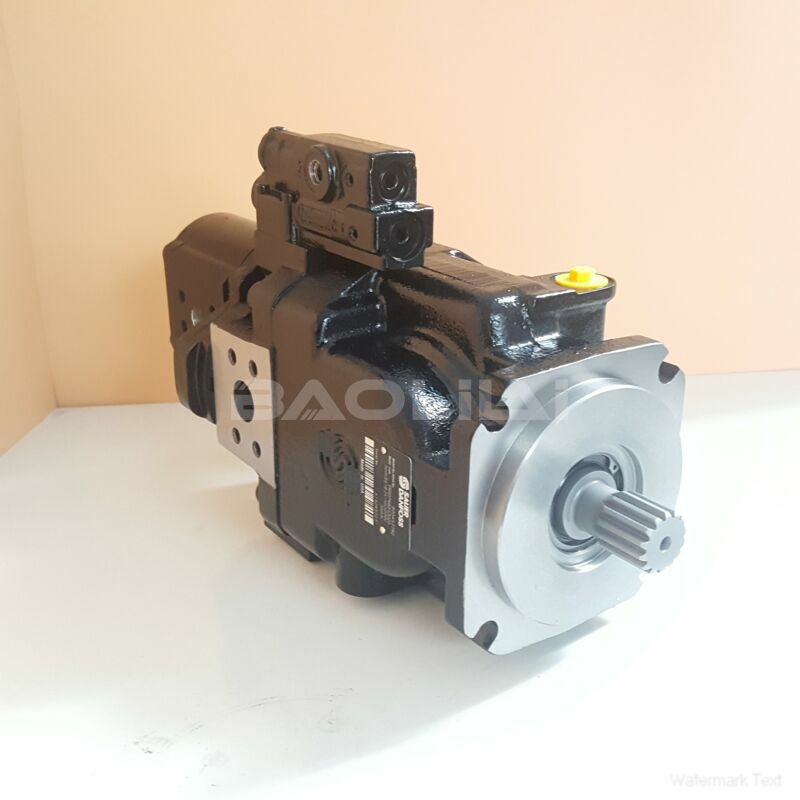FRR074BSD22NNNNRES1N2A1NNNNNNNNNN sauer danfoss pump
FRR074BSD22NNNNRES1N2A1NNNNNNNNNN sauer danfoss pump

- Product Details
- Applicable Scene
The evolution of hydraulic systems has marked a significant milestone in the efficiency and performance of industrial and mobile machinery. Among the various components that drive these systems, piston pumps have emerged as critical players, especially in load-sensing hydraulic systems. Understanding the role of piston pumps in these applications can provide insights into how modern hydraulic systems optimize performance while conserving energy.
FR-R-074B-SD-22-NN-NN-R-E-S1N2-A1N-NNN-NNN-NNN
FRR074BSD22NNNNRES1N2A1NNNNNNNNNN
Load-sensing hydraulic systems function based on the principle of adjusting the flow and pressure of hydraulic fluid according to the specific demands of the load. This adaptive nature not only improves the responsiveness of the system but also enhances energy efficiency. At the heart of these systems, piston pumps play a pivotal role in delivering fluid under varying conditions, making them essential for effective load management.

83047935
Piston pumps, known for their efficiency and high-pressure capabilities, utilize a sliding piston mechanism to compress and move hydraulic fluid. This design allows them to produce high flow rates and operate with minimal energy loss. In load-sensing systems, they can adapt to changes in flow requirements by adjusting the displacement volume. This capability is particularly crucial in applications where the load varies dynamically, such as in construction machinery or agricultural equipment.
One of the most significant advantages of piston pumps in load-sensing hydraulic systems is their ability to maintain consistent pressure regardless of the load conditions. By employing a pressure compensator, the pump can sense the load requirements and adjust fluid output accordingly. This feature ensures that the hydraulic system operates only at the required levels, significantly reducing energy consumption and wear on components.
Moreover, the modularity of piston pumps allows for scalable solutions in hydraulic designs. Manufacturers can configure these pumps to match specific application requirements, which is beneficial for customizing equipment for diverse operations. This adaptability promotes the integration of advanced control systems, enhancing the overall performance and reliability of load-sensing machinery.





